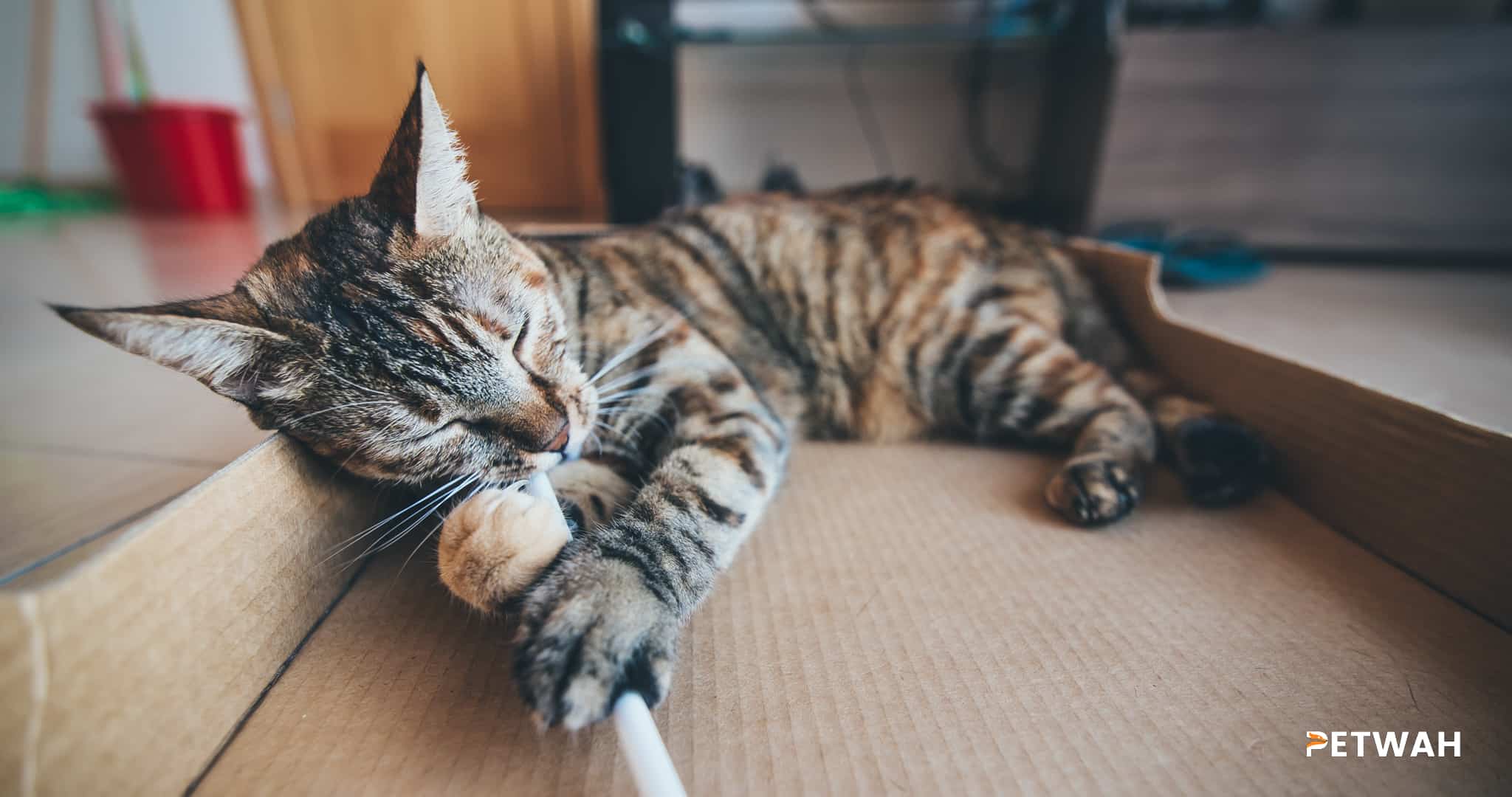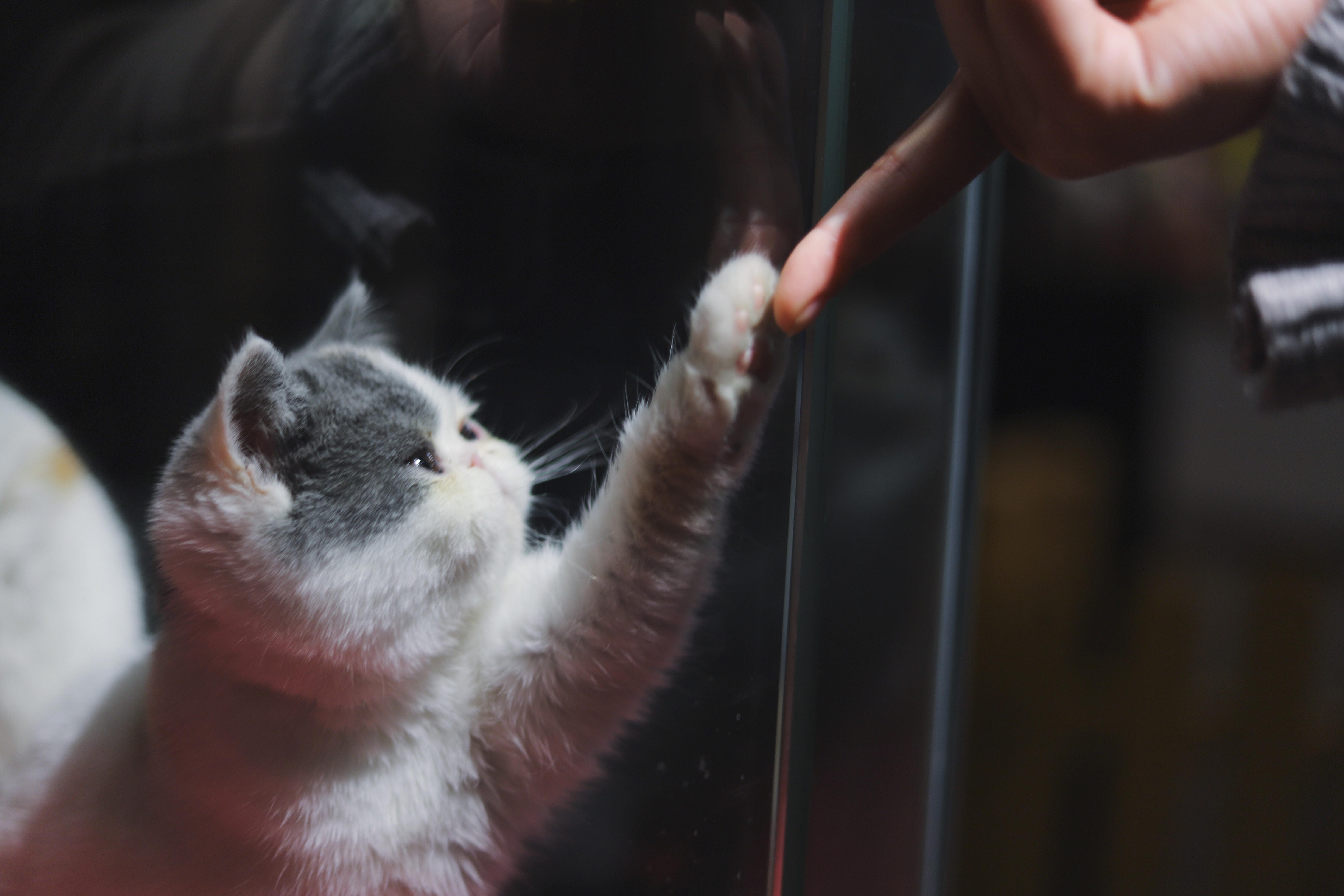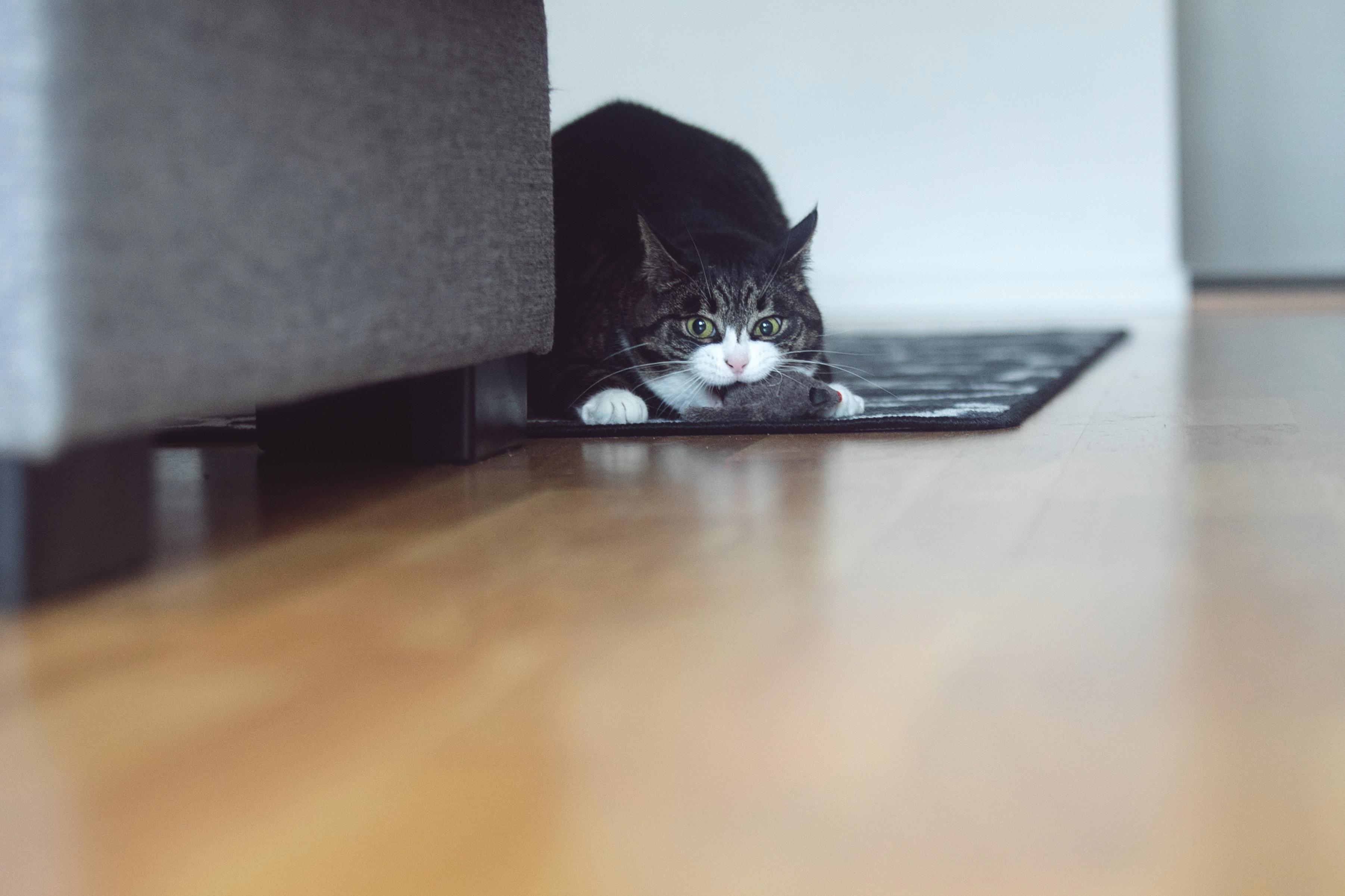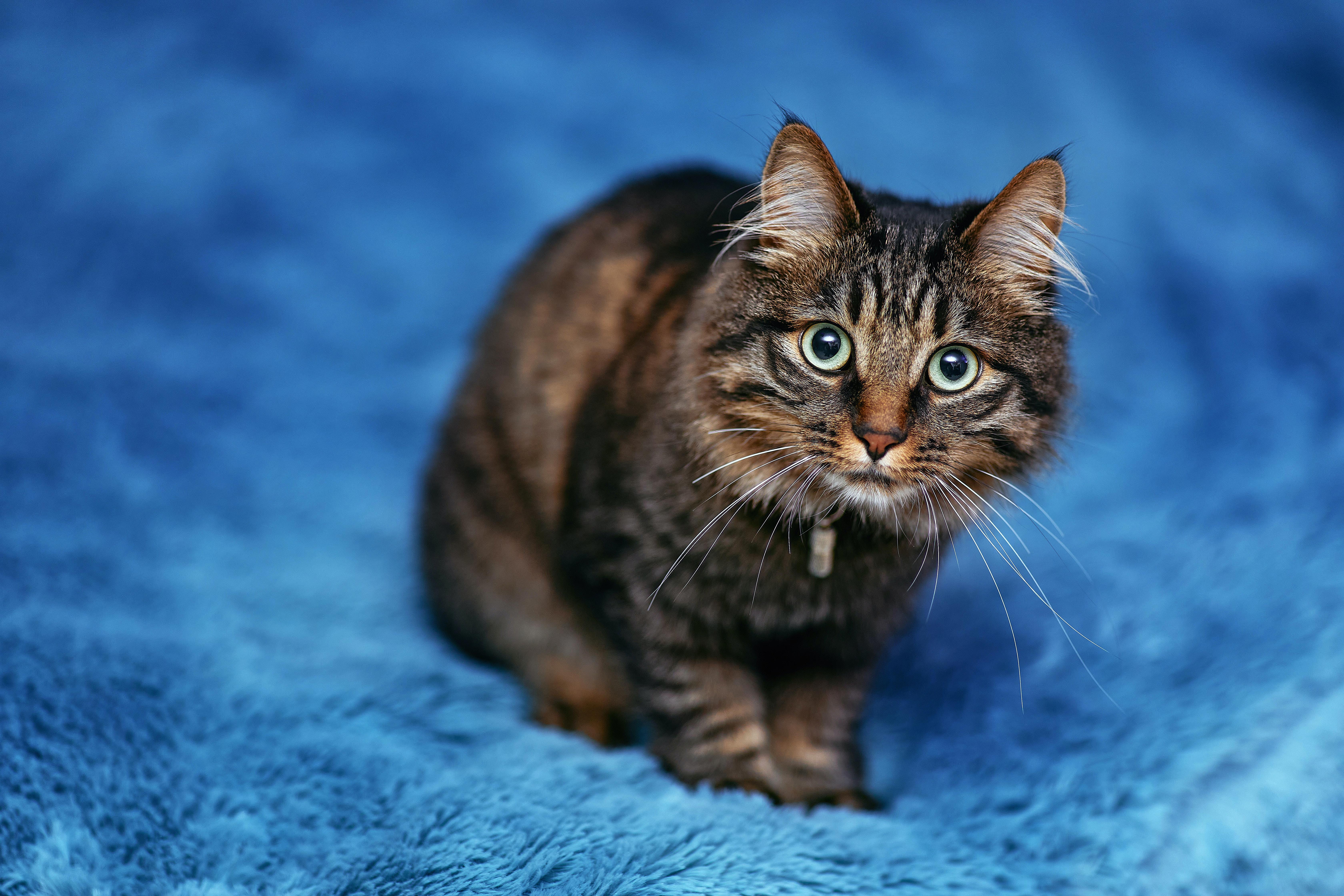Bananas are a popular fruit that is often enjoyed by humans, but can cats eat bananas? The answer is yes, but there are some things to consider before feeding them this fruit. Bananas are high in sugar and can cause weight problems and diabetes in cats if they eat too many. However, if you give your cat a small piece of banana every now and then as a treat, it will not harm them.
What happens if a cat eats a banana?
Bananas, while not harmful to cats, should not be fed to them on a daily basis. Bananas are high in sugar which can lead to diabetes and weight problems.
If you do choose to feed your cat a banana, make sure it is ripe and give it to them in moderation. It is best to avoid giving them the peel as this can cause digestive issues. You should also remove any seeds from the fruit before feeding it to your cat.
Overall, while bananas are not harmful to cats, there are better options out there when it comes to providing them with a healthy diet. Stick to foods that are specifically designed for cats and consult with your veterinarian if you have any questions or concerns.
Are bananas good for cats?

The short answer is no, cats should not eat bananas. Although bananas are not toxic for cats, they are high in sugar and can lead to health problems like diabetes and weight gain.
Cats are obligate carnivores, which implies that their bodies are built to process and utilize only animal-based nutrients. fruits and vegetables like bananas don’t provide the nutrients that cats need to stay healthy.
If you’re looking for a healthy snack for your cat, try one of these recommended foods:
- Cooked chicken or turkey (without the skin or bones)
- Cooked fish (without the bones)
- Plain yogurt (unsweetened)
- Canned tuna in water.
These snacks will provide your cat with the nutrients they need without any of the sugar or unhealthy fats found in bananas.
Benefits to Feeding Cats Bananas?
Bananas are not only high in sugar, but they also lack many of the essential nutrients that cats need to stay healthy. For example, bananas are low in protein and fat and contain very little of the amino acid taurine, which is important for heart health.
Some people believe that feeding cats bananas can help with constipation because of the high levels of fiber in the fruit. However, there is no scientific evidence to support this claim. In fact, if your cat eats too much fiber, it can actually cause digestive problems like diarrhea or vomiting.
So, while bananas may not be harmful to your cat in small amounts, there is no nutritional benefit to feeding them this fruit. If you’re looking for a treat to give your cat, try one of the many specially formulated cat treats that are available at pet stores. These treats are designed to meet all of your cat’s nutritional needs and they taste great, too!
Risks with Feeding Cats Bananas?

As mentioned, the main concern with feeding cats bananas is the high sugar content. When consumed in moderation, this usually isn’t an issue. However, if your cat eats too many bananas or if they eat them on a regular basis, it could lead to health problems such as diabetes and obesity.
Another thing to keep in mind is that bananas are a choking hazard for cats. The small pieces can be hard for them to chew and swallow properly. If you do give your cat a banana, make sure it’s in small pieces and supervised at all times.
In general, it’s best to err on the side of caution when it comes to feeding your cat new foods. Bananas are a fun treat every now and then, but they shouldn’t be a staple in your cat’s diet. If you have any concerns, talk to your veterinarian before giving your cat a banana. They can help you determine if it’s safe for your pet and how much is appropriate to feed them.
Can kittens eat bananas?
The short answer is no, kittens should not eat bananas. Bananas are high in sugar and can lead to weight gain and diabetes. Plus, the small size of kittens makes them more susceptible to these problems. If you must give your kitten a banana, make sure to do so in moderation.
Are cats afraid of bananas?
One of the most common questions we get asked is “do cats like bananas?”. The answer is a resounding yes! In fact, many cats love bananas just as much as their human counterparts. However, there are a few things to keep in mind before feeding your feline friend this delicious fruit.
First and foremost, bananas are not toxic to cats. However, they are high in sugar which can lead to diabetes and weight problems. As such, it is not recommended to include them in your pet’s daily diet. You should also be aware that some cats may be allergic to bananas. If you notice your cat having any adverse reactions after eating a banana, such as vomiting or diarrhea, discontinue feeding and contact your veterinarian immediately.
Do you have a Banana-loving Cat?
If you have a cat that loves bananas, there is no need to worry. As long as the fruit is given in moderation, it will not cause any harm. In fact, some cats enjoy the taste of bananas so much that they will beg for them when they see them!
How Can I Feed Bananas to My Cat Safely?
If you’re set on feeding your cat bananas, there are a few things to keep in mind. First, only give them a small amount at a time as part of a balanced diet. Second, make sure the bananas are ripe – overripe bananas are easier for cats to digest. And lastly, don’t go overboard – too much banana can lead to stomach upset.
So there you have it! Can cats eat bananas? The answer is technical, yes, but it’s not the best idea. If you do choose to feed your cat bananas, just be sure to do so in moderation and with caution. Thank you for reading!








